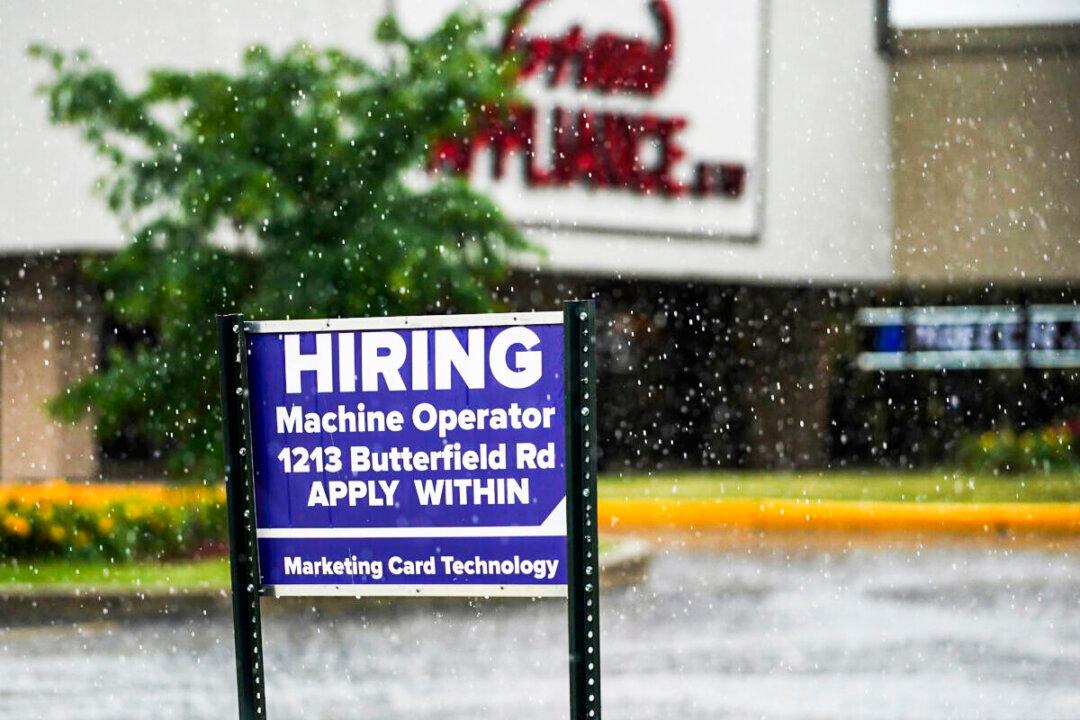 By Vitaly Alexandrov
By Vitaly Alexandrov
One of the many problems startups typically face is a staff shortage. To remedy this, founders can either hire a team or outsource to fill the gaps. While over 300,000 jobs are outsourced annually in the United States, small businesses are 66 percent less likely to outsource than large corporations.There are pros and cons to each option, but there are a few key considerations when deciding whether to outsource or hire.





